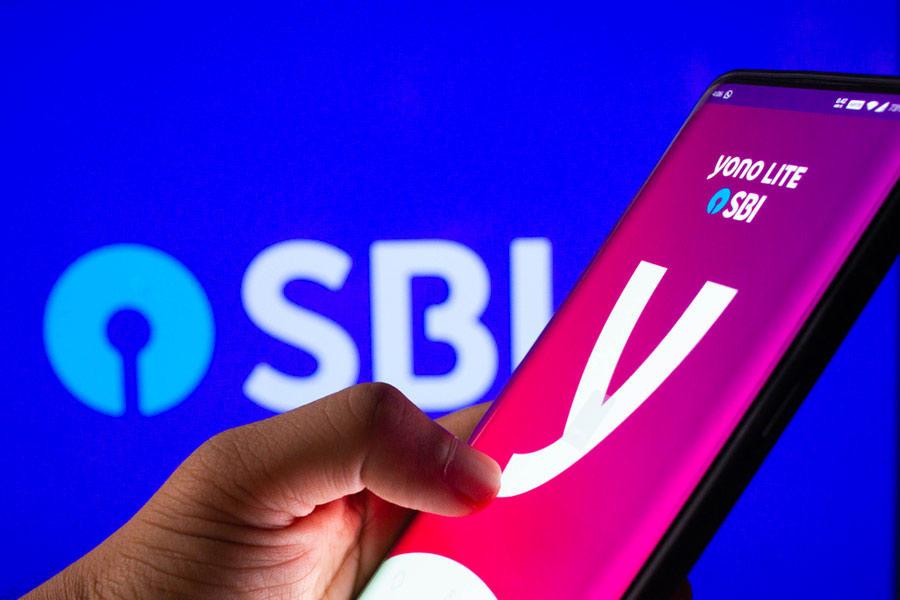In a groundbreaking move, the State Bank of India (SBI), the country’s largest lender, has launched a cutting-edge digital platform for Non-Resident Indians (NRIs) to seamlessly open NRE (Non-Residential External) and NRO (Non-Resident Ordinary) savings and current accounts. This innovative service is specifically tailored to “new to bank” (NTB) customers, aiming to simplify and expedite the account opening procedure.
Understanding NRE and NRO Accounts
-
NRE Account: A Non-Residential External (NRE) account is established in India under the NRI’s name to house their foreign earnings securely.
-
NRO Account: Conversely, a Non-Resident Ordinary (NRO) account is opened in India in the NRI’s name to manage income earned within the country, such as rent, dividends, pensions, interest, and more.
Seamless, Digitized Account Opening
SBI has harnessed the power of technology to create a seamless and digitized account opening process that guarantees efficiency and precision, effectively serving as a comprehensive solution for NRI banking needs.
Real-Time Application Tracking
For added convenience and transparency, SBI’s NRI customers can monitor the status of their account opening application in real-time, providing them with insights at every step of the process.
Steps to Open an NRI/NRO Account via YONO SBI:
-
Download YONO SBI App: Begin by downloading the YONO SBI mobile application.
- Account Selection: Within the app, choose the option to open either an NRE or NRO account based on your specific requirements.
-
KYC Submission Options: After successfully completing the initial steps, customers are presented with two options to submit their Know Your Customer (KYC) documents:
- Option A: Visit an SBI branch of your choice in India to submit your documents in person.
-
Option B: Alternatively, you can opt to attest your KYC documents through a Notary, Indian Embassy, High Commission, SBI Foreign Office, Representative Office, Court Magistrate, or Judge. Subsequently, mail these documents to a centrally designated branch for processing.



 Indian Olympic Medal Winners List Till N...
Indian Olympic Medal Winners List Till N...
 Who is the Inventor of the Gramophone?
Who is the Inventor of the Gramophone?
 HS Dhaliwal Appointed New DGP Of Andaman...
HS Dhaliwal Appointed New DGP Of Andaman...
